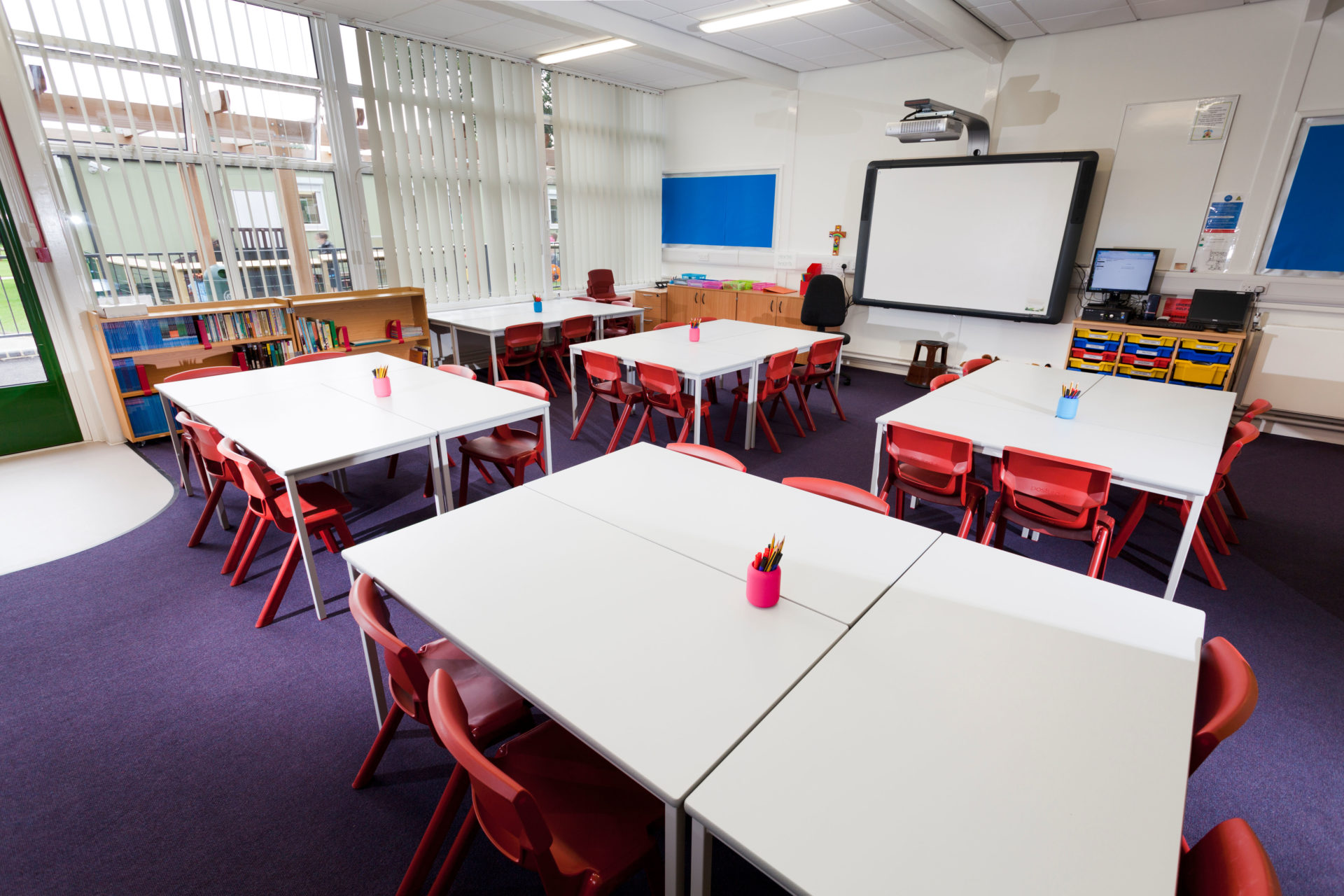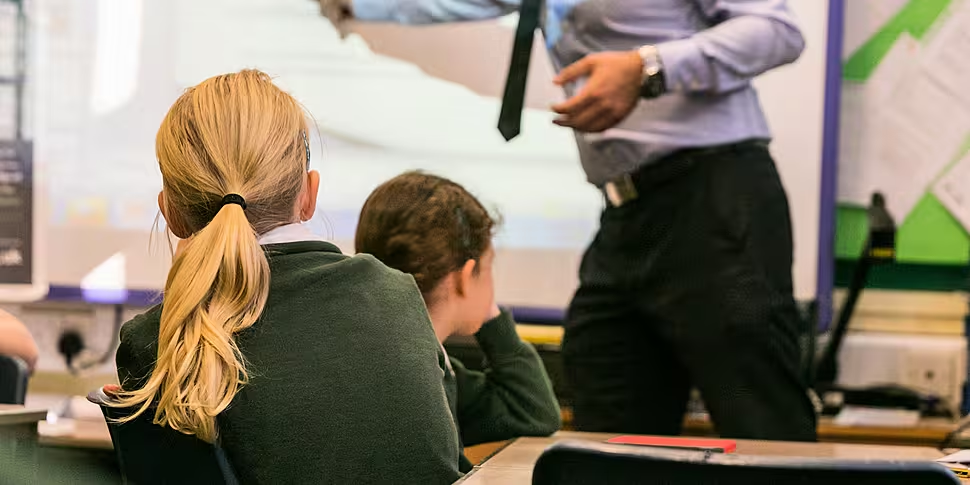Teachers at primary school level are set to receive training to teach foreign languages such as French, German and Spanish, in a newly proposed syllabus.
The draft syllabus plans a shake-up of the primary school curriculum and states that classroom teachers will be expected to teach foreign languages from third to sixth class from 2026.
The new draft curriculum begins with a simple awareness of different greeting and languages before moving on to basic communication in fifth, focusing on oral skills.
Under these plans, foreign languages would be introduced on a phased basis and teachers would be trained over a five or six year period.
On The Hard Shoulder, St Patrick's National School Principal Rachel Harper said she believes that learning additional languages would be very beneficial for children but rolling it out is the difficulty.
“I actually think it'll be very beneficial for children, I think it'll be a great start for them,” she said.
“I think the earlier you can start teaching children a modern language, the better, and it’s a great foundation then going in to secondary school.
“I just think the logistics of rolling it out, we just have to be very careful at this stage, you know, in the planning of rolling it out but I think ultimately it will greatly benefit the children.”
 An empty classroom, Alamy
An empty classroom, AlamyMs Harper said there will be lot of pressures on teachers to get their own language skills up to scratch to teach the language.
“We could have teachers in our schools that maybe did their Leading Cert in the last 10 or 15 or 20 or 30 years - but we know ourselves, if you're not using the language, you do lose it,” she said.
“I think there will be a lot of pressure there for teachers.
“I mean, teachers are doing an amazing job at the moment, but, you know, it seems their responsibilities keep going further and further.
“My fear would be that it would overburden them or overload them.”
 Group of kids going to school together. Image: Alamy
Group of kids going to school together. Image: AlamyMs Harper said she believes we should keep bringing in additional teachers to teach languages until learning languages has been worked into training for student teachers.
“When students are in university now training to become teachers [this should] become a part of their module, so they're trained up, ready to deliver,” she said.
“We would have availed in recent years of the grant for a modern language - it used to be six weeks and it's been increased to eight weeks and now 10 weeks [where] an outside teacher would come in and we'd choose a modern language such German [or] French and the children have really benefited from that.
“It's been an outside teacher coming in and teachers have been very supportive of it.
“But I think if I turned around in a staff meeting now and said, ‘You're going to have to teach German or French yourselves’ - I think teachers would definitely feel a lot of pressure.”
Ms Harper said she thinks this could be “really positive” but we need to “get all our ducks in a row” and make sure that it's done correctly, rather than putting that extra pressure on teachers and on principals.
@newstalkfm 'We expect teachers to be educators, mentors, role models and now, on top of everything else, we expect them to teach a European language in primary school' Kieran Cuddihy says we need to get real as teachers are already overstretched.
Listen back here:
Primary school children are taught during a lesson. Image: Alamy









